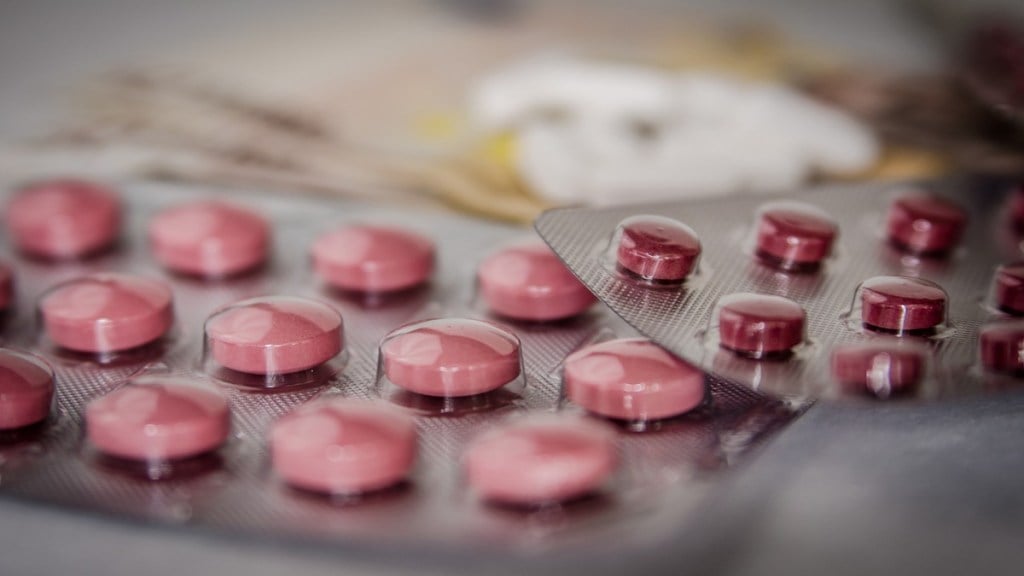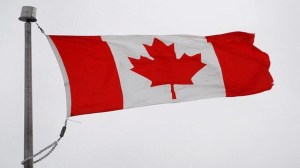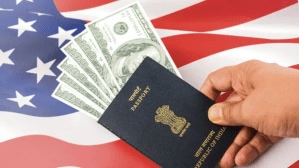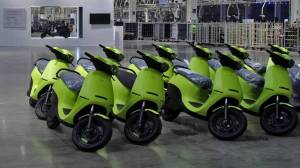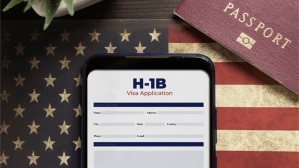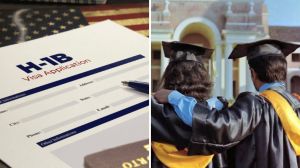While US President Donald Trump announced the likely imposition of 25 per cent tariffs on imported pharmaceuticals, Kotak Institutional Equities (KIE) analysed the base and worst case scenarios in the event of the tariff hike. “In the backdrop of uncertainties around US tariffs on pharma, our base case is high tariffs (>10 per cent) are unlikely to be levied as those are impractical. However, in the worst-case scenario of high tariffs, companies would be forced to prune their US portfolio (completely exit in some cases) after exhausting other avenues like passing on the higher costs to US customers,” the brokerage firm said.
Sticking to its base case, Kotak Institutional Equities reiterated its positive stance on the sector: Sun Pharmaceuticals, Cipla, Lupin, JB and Emcure are the top picks. Earlier, in a conversation with Nomura, Cipla Managing Director and CEO Umang Vohra had shown confidence in the sector and said that tariffs and regulations in the US will not impact the competitiveness of Indian generics and are a long-term positive for the Indian pharma sector. He had reiterated, “Indian generics industry will remain intact even if the US imposes tariffs.” Nomura has pointed out that the comments are “largely aligned with expectations”.
Trump had disclosed that a 25 per cent tariff will be implemented on pharmaceuticals in the initial phase and it will surge ‘very substantially over a year’. However, he had not clarified the date when it will come into effect while maintaining that companies will get time to shift their manufacturing to the US.
No grim outcome expected
According to the Ministry of Commerce, India’s exports to the US stood at $8.1 billion as of FY2024 and in contrast, imports from the US to India stood at around $400 million as of FY2024. Currently, there is no import duty levied on Indian drugs supplied to the US even as India imposes 5-10 per cent import duty on pharma imports from the country. Hence, Kotak Institution Equities said, “If tariffs are levied strictly on the principle of reciprocity within pharma, the Indian government will have to navigate an impact of lower customs duties to the tune of less than $50 million, which seems reasonably manageable, in our view.”
The worst-case scenario
In the backdrop of the prevailing pricing erosion and with several molecules in the US generics portfolios of Indian companies already yielding minimal margins, companies could be forced to stop selling them in the US, the KIE report stated. It further added, “This could further exacerbate the drug shortage challenge in the US. Given the gestation period involved in setting up a manufacturing facility in the US (policies could change by the time the US facilities come up) and, more importantly, the elevated cost structure, we do not expect any major efforts by Indian companies to incrementally add manufacturing facilities in the US.”
In the worst-case scenario of companies significantly pruning their US generics portfolio, the analysis report by KIE maintained that it “does not rule out a domino effect as Indian companies could be forced to be significantly more aggressive in chasing growth in India and EU/ROW leading to price wars”. In the event of blanket tariffs globally, it said, there would be a level playing field and the impact on Indian generics companies could be limited due to their inherent cost advantage.
How will it impact key segments in pharma sector?
“Within our formulations/biosimilars coverage, at 45-50 per cent, Aurobindo Pharma and BIOS have the highest US EBITDA contribution,” Kotak said. Unlike generics, where the US has a very high dependency on India, the US is not as dependent on India for biosimilars. Hence, for biosimilars, Kotak maintained, it will not be easy to pass on higher tariffs to US patients. Compared to US generics, Sun Pharmaceutical’s specialty portfolio could be more impacted. This will result from the existing higher price points that could make it more challenging to pass on higher costs. On the other hand, limited availability of substitutes for Sun Pharmaceutical’s specialty products could prove to be a safeguard, it said.
“Within our API/CRDMO coverage, Gland has the highest direct US EBITDA contribution. Nevertheless, given the B2B nature of the business, API/CRDMO companies will be directly shielded from the tariffs and would have a slightly higher ability to pass on the tariffs to their clients,” Kotak said while maintaining that these companies too will be exposed to indirect impact from the US tariffs.
The way out
Per estimates, the US relies for approximately 45 per cent of its generics supplies on India and 10-15 per cent of biosimilars supplies by volume. As per a white paper by the API Innovation Center, 83 of the top 100 generics prescribed in the US have no US API source. While API production in the US has declined 61 per cent in the past decade, there has been an increase in API production capacities in India and China. In this backdrop, Kotak Institutional Equities said, “We highlight, value-wise, the size of the US generics market is less than 10 per cent of the ~$600 billion overall US pharma market. Thus, the value impact of Indian generics on the overall US pharma market is quite low. We highlight the Indian government has taken steps to demonstrate reciprocity.”
In the Union Budget, the government fully exempted 36 life-saving drugs from basic customs duty. In addition, customs duty for six additional drugs has been reduced to 5 per cent. Further, 37 additional drugs will be fully exempt from customs duty under patient assistance programs.
